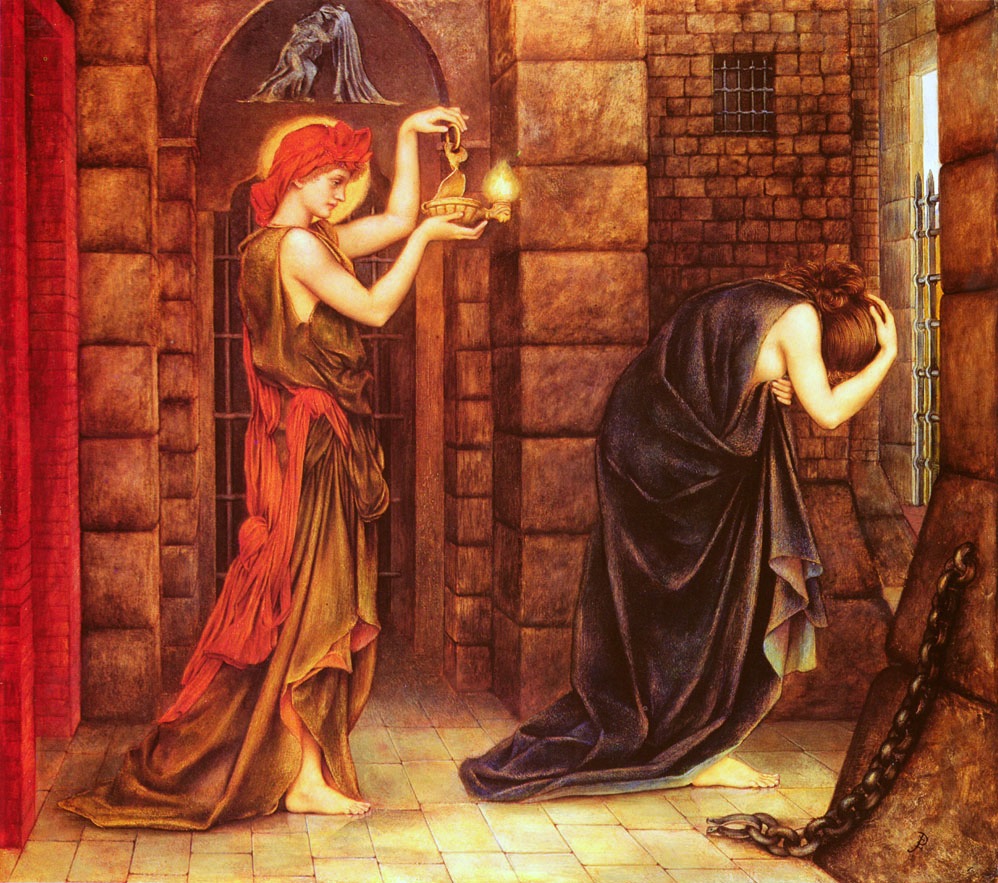Harriet Martineau (1802-1876), a prominent political economist and social critic, wrote only a few works of fiction, of which this is the longest and most ambitious. It has great faults, a painful lover’s misunderstanding plot among them, but equally great virtues, especially its terrifyingly life-like evocation of group injustice.
“The reader must bear with some prosiness and some triviality in the outset of the tale” but “he is secure of finding . . . something better than mere amusement—namely, that pleasure which opens, elevates, and humanizes the mind. In short, equally for its tendency and its truth, this tale is a valuable present to the middle classes.” “Nothing can be more true in its village tone, than the picture of society at Deerbrook.” Athenaeum, April 1, 1839
“The story of Deerbrook is simple and most natural, both in its conception and its working out; the characters are as forcible, and at the same time as original, as any thing so strictly true can be; and the scenes are those of the every-day life of the middle classes of society.” New Monthly Magazine, May, 1839
“A story of domestic life; a story of the affections, the passions, and the incidents of a country village” which “is wrought out with a quiet vigor and a masterly fidelity to Nature and to Man. We see in it not our neighbors merely, but ourselves. Every page is radiant with the portrayal of the suicidal insanity as well as loathsomeness of malice, of envy, of tale-bearing, of anger, and of ill-will.” New-Yorker, July 1, 1839
Download this week’s novel:
v.1 https://archive.org/details/deerbrooknovel01mart
v.2 https://archive.org/details/deerbrooknovel02mart
v.3 https://archive.org/details/deerbrooknovel03mart
























